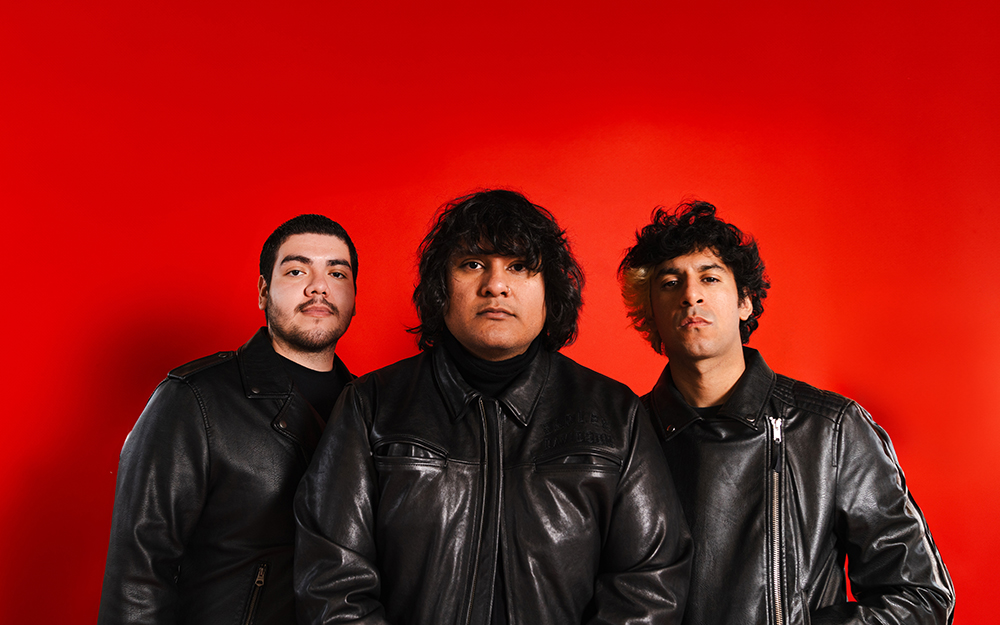
BY DR PETER KADILE
Social Smokers
When I question new patients if they smoke, it is not uncommon that they don’t consider themselves smokers because they only smoke when they have a couple of drinks. What if you go out and have a few drinks every weekend or several times a week? The simple truth is, whether you smoke one or more cigarettes regularly, you are a considered a smoker.
The Center for Tobacco Control Research and Education at the University of California, San Francisco, reviewed studies of light and intermittent smoking, along with the Surgeon General’s report on smoking. They put together a list of health hazards associated with social smoking:
- heart disease
- weakened aorta (the main artery from your heart)
- premature death from cardiovascular disease
- lung, esophageal, stomach and pancreatic cancer
- respiratory tract infections
- fertility problems
- slower recovery from injuries
- cataracts
- poorer health related quality of life
Of course the risk of these health hazards increase the heavier you smoke, but I have seen patients who frequently get sick, have long lasting coughs and develop chronic bronchitis because they only “smoke when I’m drinking”.
An interesting thing about social smokers is that they don’t seem to be drawn to smoking more by the nicotine, which causes smoking addiction. Daily smokers continue to smoke and increase their cigarette use due to the strong nicotine addiction. They are usually not in denial about their smoking and the associated adverse health affects. Social smokers tend not to be addicted to the nicotine, but drawn by the “social” aspect of smoking and the short term high of the carbon dioxide and nicotine. Social smokers tend to be in denial about the adverse health effects of smoking because they don’t consider themselves regular smokers.
The bottom line is: If you smoke at all, you are exposing yourself to a highly toxic poison that increases your risk for cancer and heart disease.
Secondhand Smoke
I believe we’ve all heard about secondhand smoke by now. Secondhand smoke is from burning tobacco products, such as cigarettes, cigars, or pipes and also smoke that has been exhaled, or breathed out, by the person smoking. Tobacco smoke contains more than 7,000 chemicals, including hundreds that are toxic and about 70 that can cause cancer. Even though a person is not actually smoking a cigarette, if people are around someone smoking, the nonsmoker is being exposed to those dangerous chemicals too.
According to the Center for Disease Control (CDC), here is no risk-free level of secondhand smoke exposure; even brief exposure can be harmful to health. Since 1964, approximately 2,500,000 nonsmokers have died from health problems caused by exposure to secondhand smoke.
Health Effects in Children
– Ear infections
– More frequent and severe asthma attacks
– coughing, sneezing, and shortness of breath
– bronchitis and pneumonia
Health Effects in Adults
Heart disease
Lung cancer
Stroke
Thirdhand Smoke
Smokers will frequently respond that they don’t smoke in the house or around their kids, but what about thirdhand smoke? Thirdhand smoke is residual nicotine and other chemicals left on surfaces by tobacco smoke. Thirdhand smoke clings to clothes, furniture, drapes, walls, bedding, carpets, dust, vehicles and other surfaces long after smoking has stopped. Nonsmokers can always tell if they get a hotel room that is not nonsmoking or a rental car or used car that belonged to a smoker. Nonsmokers, especially children might be at risk of tobacco-related health problems when they inhale, swallow or touch substances containing thirdhand smoke. So if you are a smoker and you go outside the house to smoke, unless you changes your clothes and shower before re-entering the house, you will be exposing others to thirdhand smoke.










































